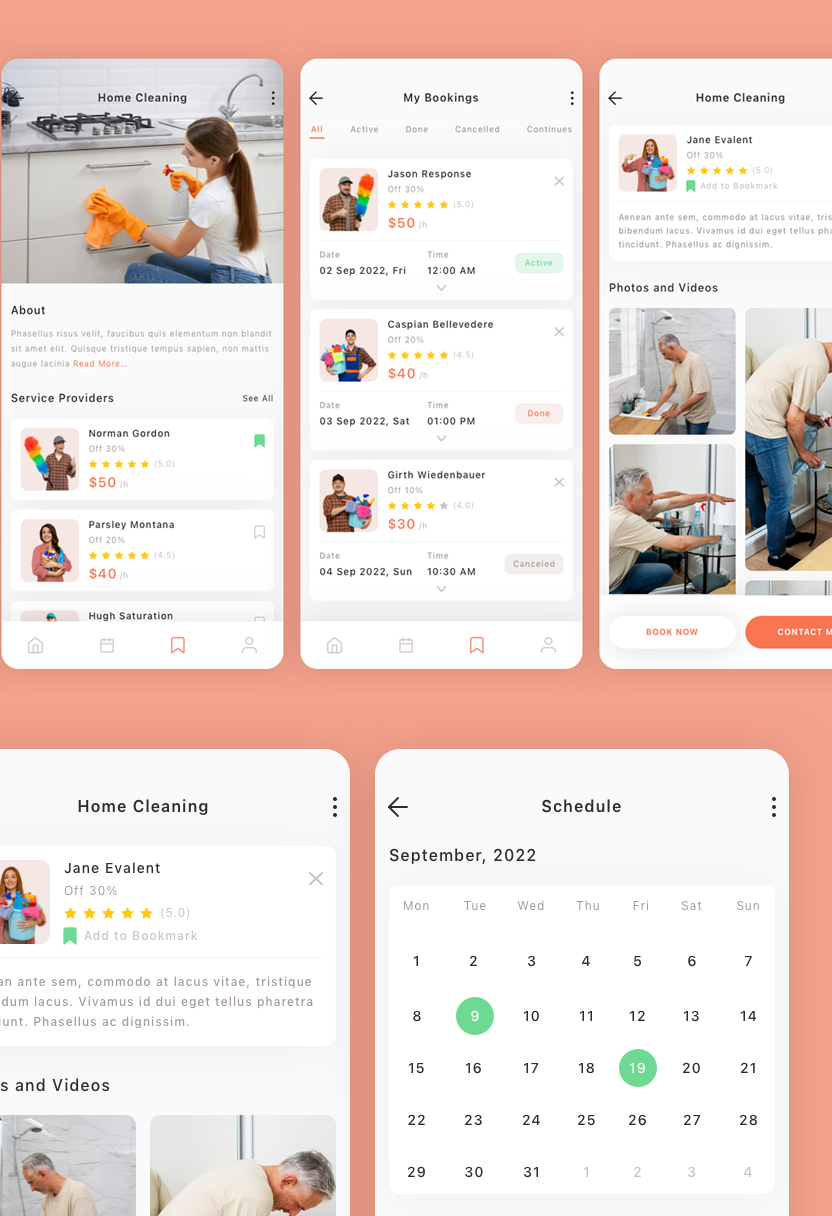LATEST FROM OUR BLOG
Expert takes on tech, AI, digital marketing, and business strategy
 Software Development
Software Development
Jul 15, 2025
Top Software Development Trends to Watch in 2025
Stay ahead in 2025 with trends shaping software development—AI, low-code, cloud-native apps, DevSe...
Read More
 Digital Marketing
Digital Marketing
Jun 10, 2025
The Rise of GEO: How AI is Reshaping Digital Marketing
Discover how Generative Engine Optimization is redefining digital visibility in 2025—helping brand...
Read More
 Website Development
Website Development
May 7, 2025
Top 10 eCommerce Platforms for Startups, Enterprises, and Small Businesses
Explore the top 10 eCommerce platforms tailored for startups, small businesses, and enterprises—bo...
Read More
CASE STUDIES
How our solutions drive growth across tech, marketing, and consulting
 On Demand
On Demand
Case Study
ServiceConnect Pro
A mobile app connecting users with verified home service professionals in real-time.
95%
4.7★
View Case Study
 E-Commerce
E-Commerce
Case Study
LuxuryStore Platform
An end-to-end e-commerce platform built for a premium lifestyle brand.
2.3x
40%
View Case Study
 Real Estate
Real Estate
Case Study
PropertyVision AR
A property discovery and virtual tour platform tailored for real estate agencies.
70%
30K+
View Case Study
CLIENT TESTIMONIALS
Voices of clients we've empowered through digital and strategic impact

Andrés Romero
Chief Technology Officer, Spanish Energy Company
"Stratnova brought our vision to life with an enterprise-grade CRM that has transformed how we manage sales and customer relationships."

Rachel Tan
Founder & CEO, FitnessTech Startup
"We approached Stratnova with just an idea for a fitness app — and they delivered a beautifully designed, fully functional cross-platform app that users love."

Mark Johnson
Marketing Director, B2B SaaS Platform
"Stratnova completely revamped our digital marketing strategy and helped us scale lead generation by 4x in under 3 months."
VIDEOS
Visual stories of innovation—from code to campaigns to consulting
Digital Transformation Journey
Watch how we helped businesses transform digitally
AI Innovation Showcase
Exploring the latest in AI technology
Client Success Stories
Real results from our client partnerships